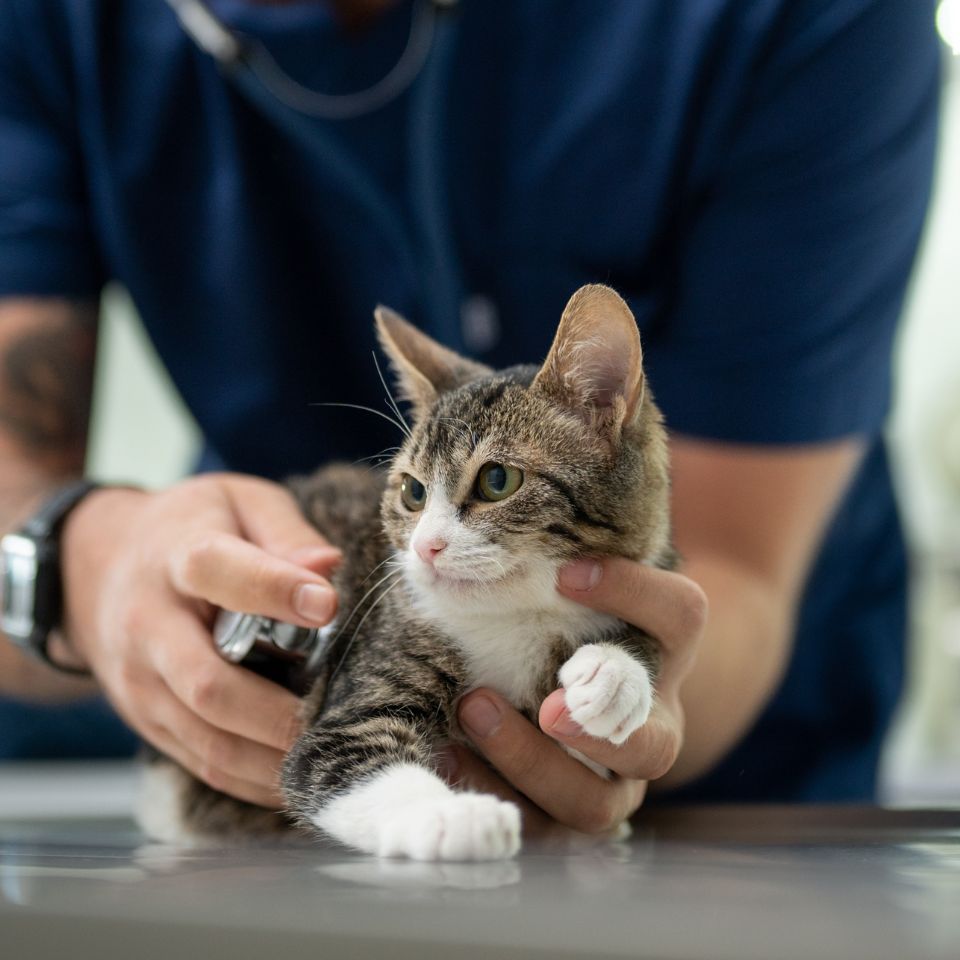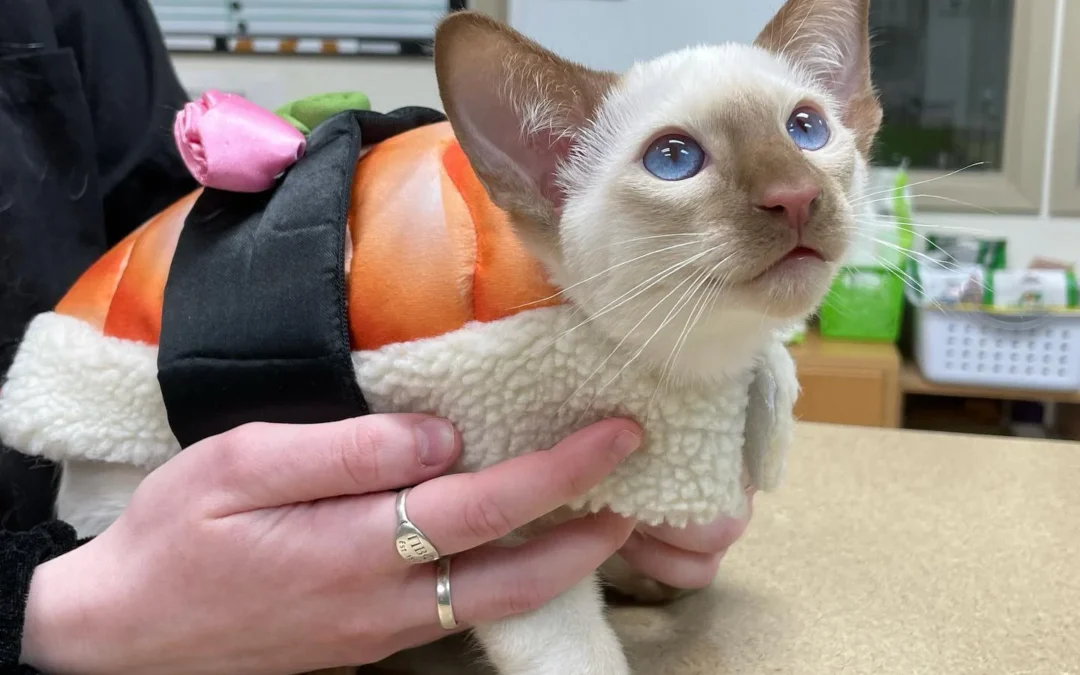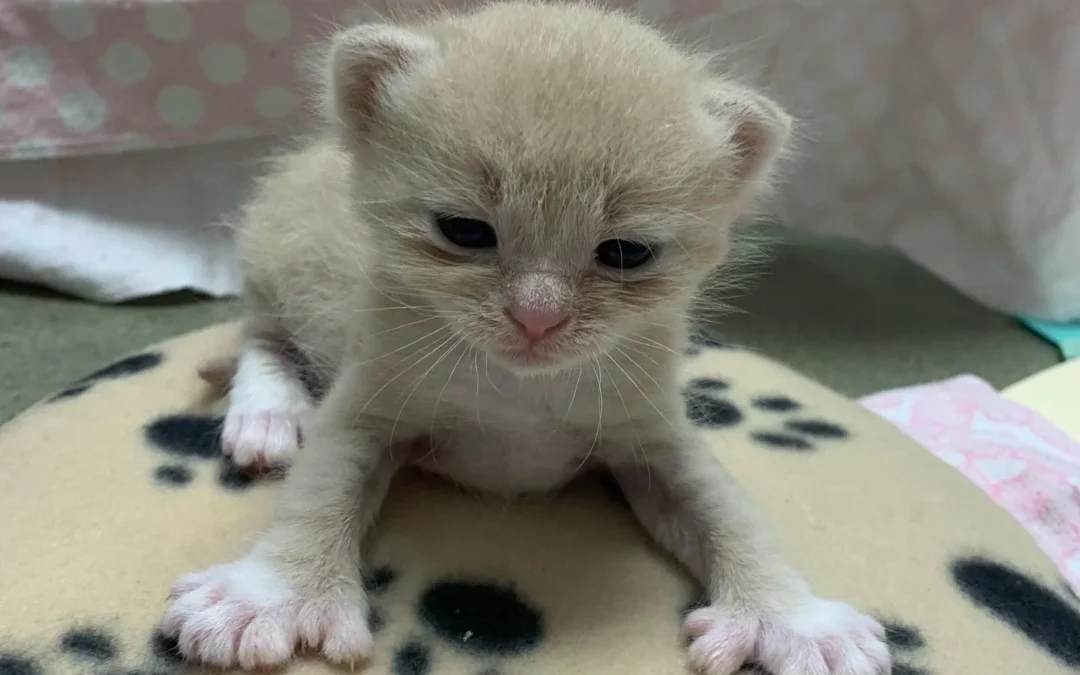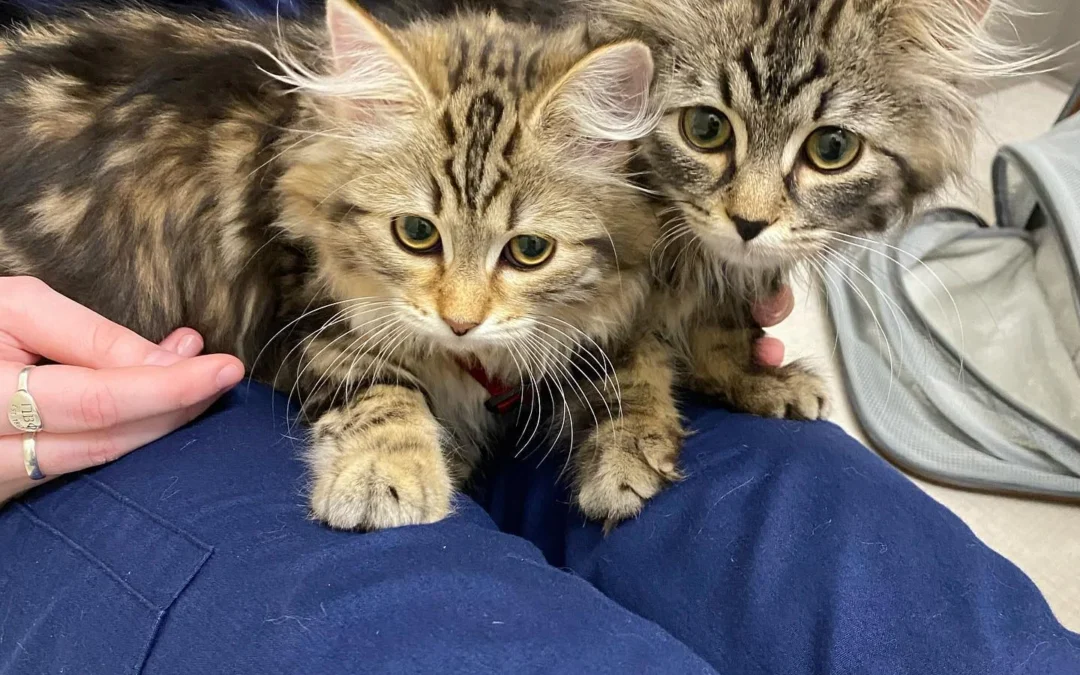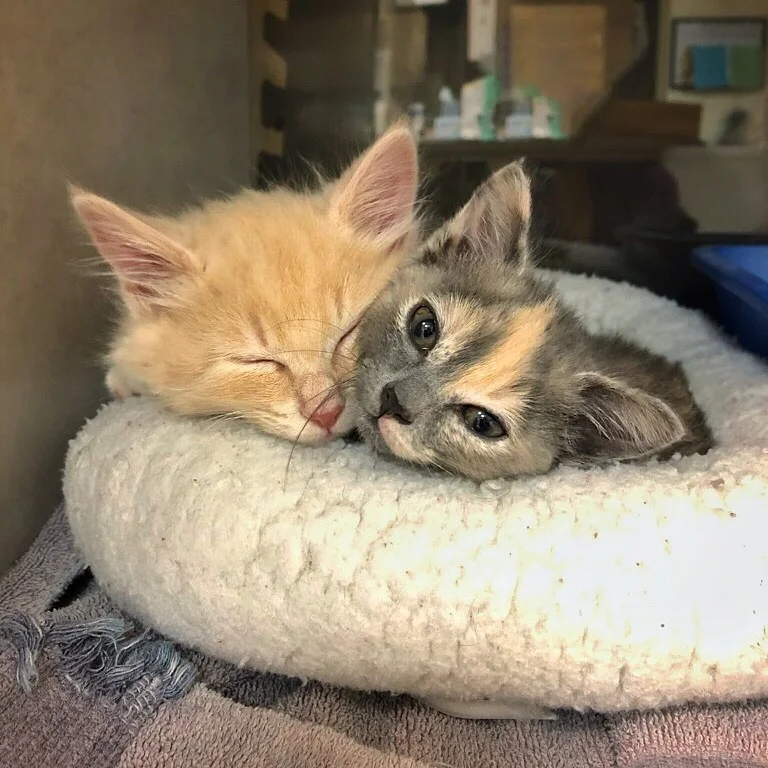Understanding Heartworm Disease in Cats
Heartworm disease is often associated with dogs, but cats can also be affected. Though cats are not the ideal host, heartworms can still cause significant damage to their heart, lungs, and other organs. Unlike dogs, there is no approved treatment for heartworm in cats, making prevention crucial.
How Are Cats Infected?
Heartworm is transmitted through mosquito bites. When an infected mosquito bites a cat, it injects heartworm larvae into the bloodstream. These larvae mature within 6 months, growing into foot-long worms that can live in a cat’s heart and lungs for 2-3 years.
Symptoms of Heartworm in Cats
- Asthma-like breathing issues
- Coughing or wheezing
- Vomiting
- Loss of appetite
- Fainting or seizures
- Sudden collapse
Some cats show no symptoms at all, while others may experience sudden distress or even sudden death.
Diagnosing & Treating Heartworm in Cats
Diagnosis includes:
- Antigen tests (can detect heartworm proteins)
- Bloodwork & X-rays (help assess heart and lung health)
- Ultrasounds (to detect worms in blood vessels)
Since there is no approved heartworm treatment for cats, veterinarians focus on managing symptoms and stabilizing affected cats. In severe cases, hospitalization and supportive care may be necessary.
How to Protect Your Cat from Heartworm
- Use monthly heartworm prevention – Available in topical or oral form
- Administer prevention year-round – Mosquitoes can remain active in warm climates
- Keep your cat indoors – Reduces exposure to mosquito bites
- Schedule routine vet checkups – Early detection improves outcomes
Heartworm prevention is safe, effective, and much cheaper than treating complications. Talk to your vet about the best preventative care for your cat.
Concerned about heartworm prevention? Schedule a consultation today.

